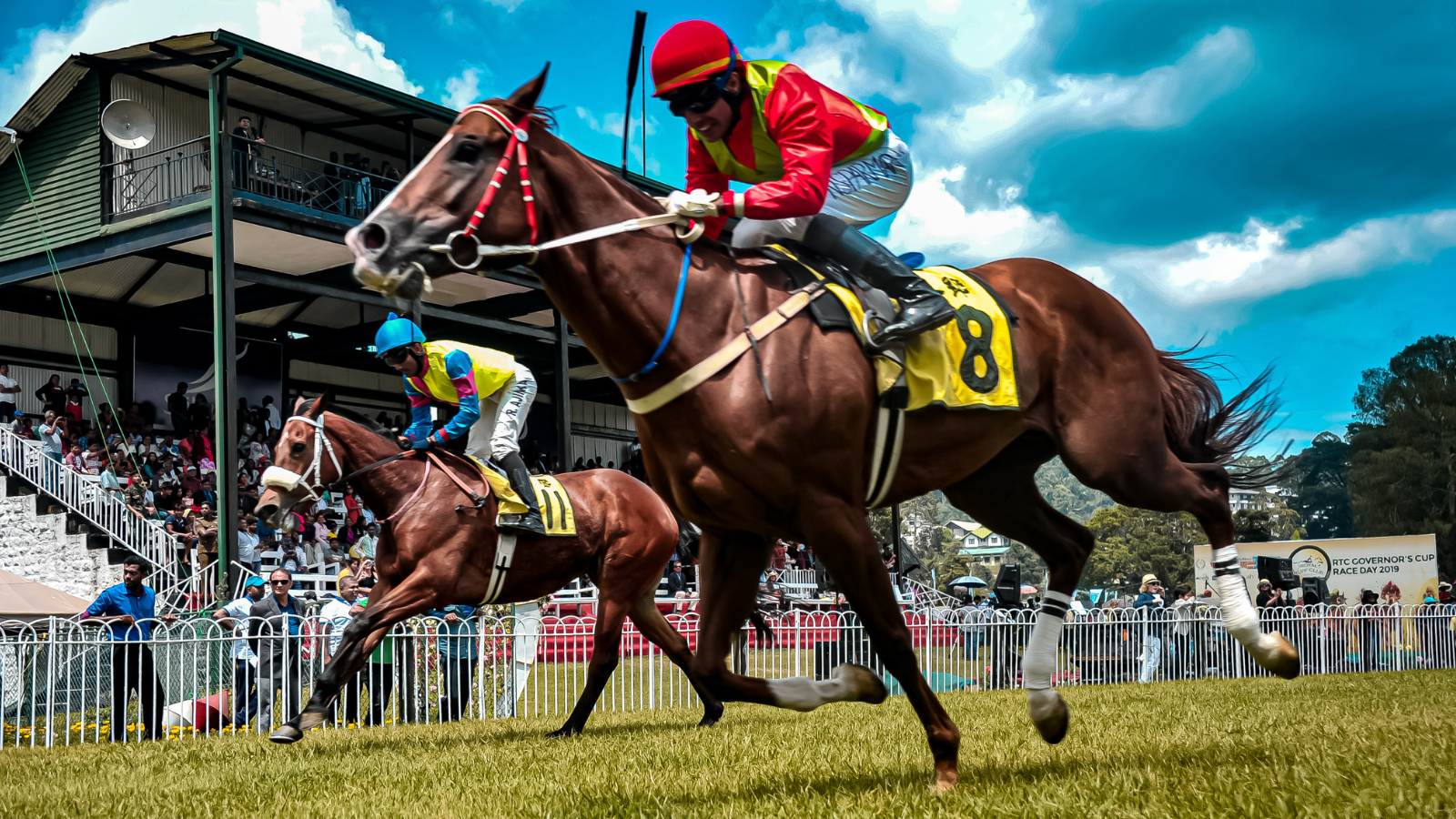
On September 16, Lisa Nandy, the UK Minister for Culture, Media and Sport, appointed Anne Lambert CMG as the interim chair of the HBLB. Lambert's responsibilities include overseeing and guiding the government-mandated tasks of the HBLB until a permanent chair is elected.
The HBLB is a public body under the Department for Culture, Media and Sport (CMS), responsible for collecting annual taxes from licensed betting and gaming companies in the UK and investing these funds into the horse racing industry.
Horse racing revenues primarily rely on betting taxes, as well as media rights fees and sponsorship deals—many of which involve betting operators. The taxes collected for the fiscal year 2021/22 amounted to 90 million pounds, for 2022/23 to 100 million pounds, and for 2023/24 to 105 million pounds, reflecting a steady recovery from the challenges of the COVID-19 pandemic, which saw a significant reduction in taxes due to lockdowns.
The closure of racetracks during the pandemic not only led to a decrease in betting volumes but also affected race day revenues and media rights fees. Despite calls for reform, the progress in updating the taxation system has been slower than expected by the horse racing industry.
Julie Harrington, former CEO of the British Horseracing Authority (BHA), expressed concerns in May:
"We are still concerned that the government has not updated its review of horse racing taxation, despite having promised over a year ago, which poses a threat to the financial health of the horse racing industry."
With the tax review potentially being postponed during the July elections, the horse racing industry hopes for progress similar to other restored sports legislation like the Football Management Act.
The former chair, Paul Darling, passed away in August 2024, with Anne Lambert succeeding him.









